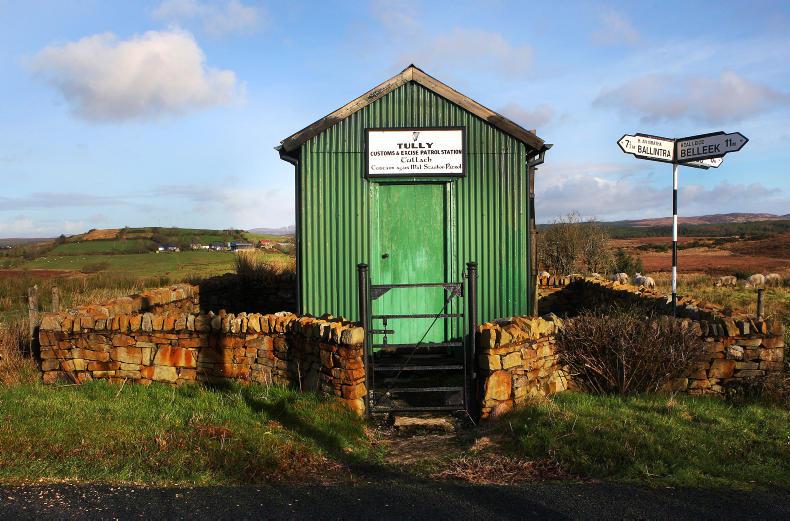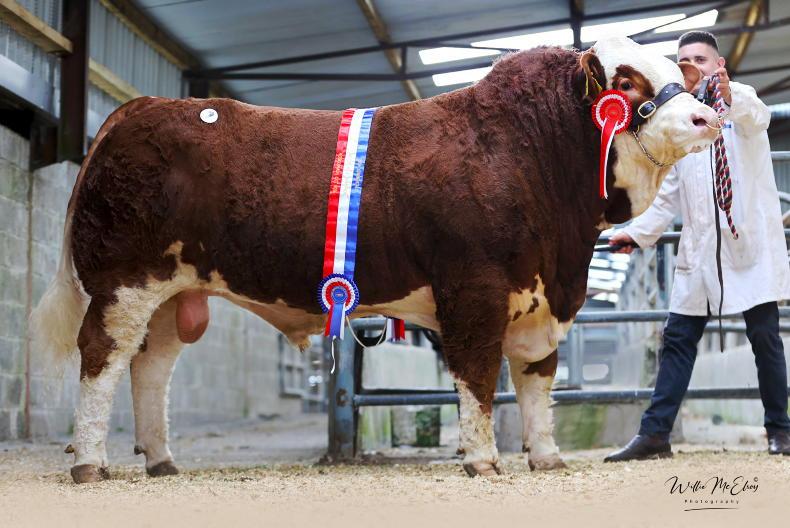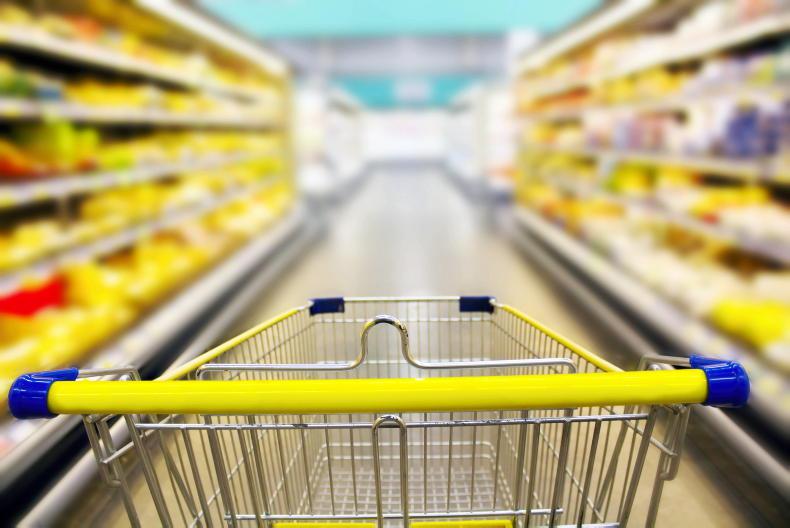British Prime Minister Theresa May has been in NI this week, giving reassurances that the UK government will not let a hard border become a reality in Ireland as a result of Brexit.
She also made it clear that she is seeking changes to the controversial Irish backstop arrangement, and does not plan to scrap it altogether.
It comes in two parts – the UK will remain in a customs union with the EU (aligning trade policy), while in addition NI will follow single market rules for goods (allowing trade to flow unhindered across the Irish border). Most unionist politicians don’t like it because there is a mechanism for Britain to exit the backstop (to be agreed with the EU), but no exit mechanism for NI.
There are also suggestions that the British are looking at technological solutions, although in practice such solutions seem to be a way off at present
Long term, unionists fear the British government goes off and does its own trade deals, gradually moving away from EU rules.
Meanwhile, NI would be left behind, still partly in the EU and effectively with a new border down the Irish Sea.
The changes sought by Prime Minister May involve putting a time limit on the backstop, or giving the UK the right to withdraw on its own terms.
There are also suggestions that the British are looking at technological solutions, although in practice such solutions seem to be a way off at present.
To avoid a hard border in Ireland a deal will have to be done with the EU before formal exit on 29 March (or by early summer if Article 50 is extended three months).
But it should also be noted that this isn’t just about making sure there are no customs officials at the border, stopping lorries. Avoiding a hard border also means ensuring there are no barriers to trade, such as tariffs on goods moving in either direction.
If either side applies tariffs after Brexit, it will represent a massive political failure, and it becomes the hardest border of all.
Read more
No border advice for agri-food trade as May visits NI
No huge pay-off for farmers in hard Brexit
British Prime Minister Theresa May has been in NI this week, giving reassurances that the UK government will not let a hard border become a reality in Ireland as a result of Brexit.
She also made it clear that she is seeking changes to the controversial Irish backstop arrangement, and does not plan to scrap it altogether.
It comes in two parts – the UK will remain in a customs union with the EU (aligning trade policy), while in addition NI will follow single market rules for goods (allowing trade to flow unhindered across the Irish border). Most unionist politicians don’t like it because there is a mechanism for Britain to exit the backstop (to be agreed with the EU), but no exit mechanism for NI.
There are also suggestions that the British are looking at technological solutions, although in practice such solutions seem to be a way off at present
Long term, unionists fear the British government goes off and does its own trade deals, gradually moving away from EU rules.
Meanwhile, NI would be left behind, still partly in the EU and effectively with a new border down the Irish Sea.
The changes sought by Prime Minister May involve putting a time limit on the backstop, or giving the UK the right to withdraw on its own terms.
There are also suggestions that the British are looking at technological solutions, although in practice such solutions seem to be a way off at present.
To avoid a hard border in Ireland a deal will have to be done with the EU before formal exit on 29 March (or by early summer if Article 50 is extended three months).
But it should also be noted that this isn’t just about making sure there are no customs officials at the border, stopping lorries. Avoiding a hard border also means ensuring there are no barriers to trade, such as tariffs on goods moving in either direction.
If either side applies tariffs after Brexit, it will represent a massive political failure, and it becomes the hardest border of all.
Read more
No border advice for agri-food trade as May visits NI
No huge pay-off for farmers in hard Brexit









SHARING OPTIONS